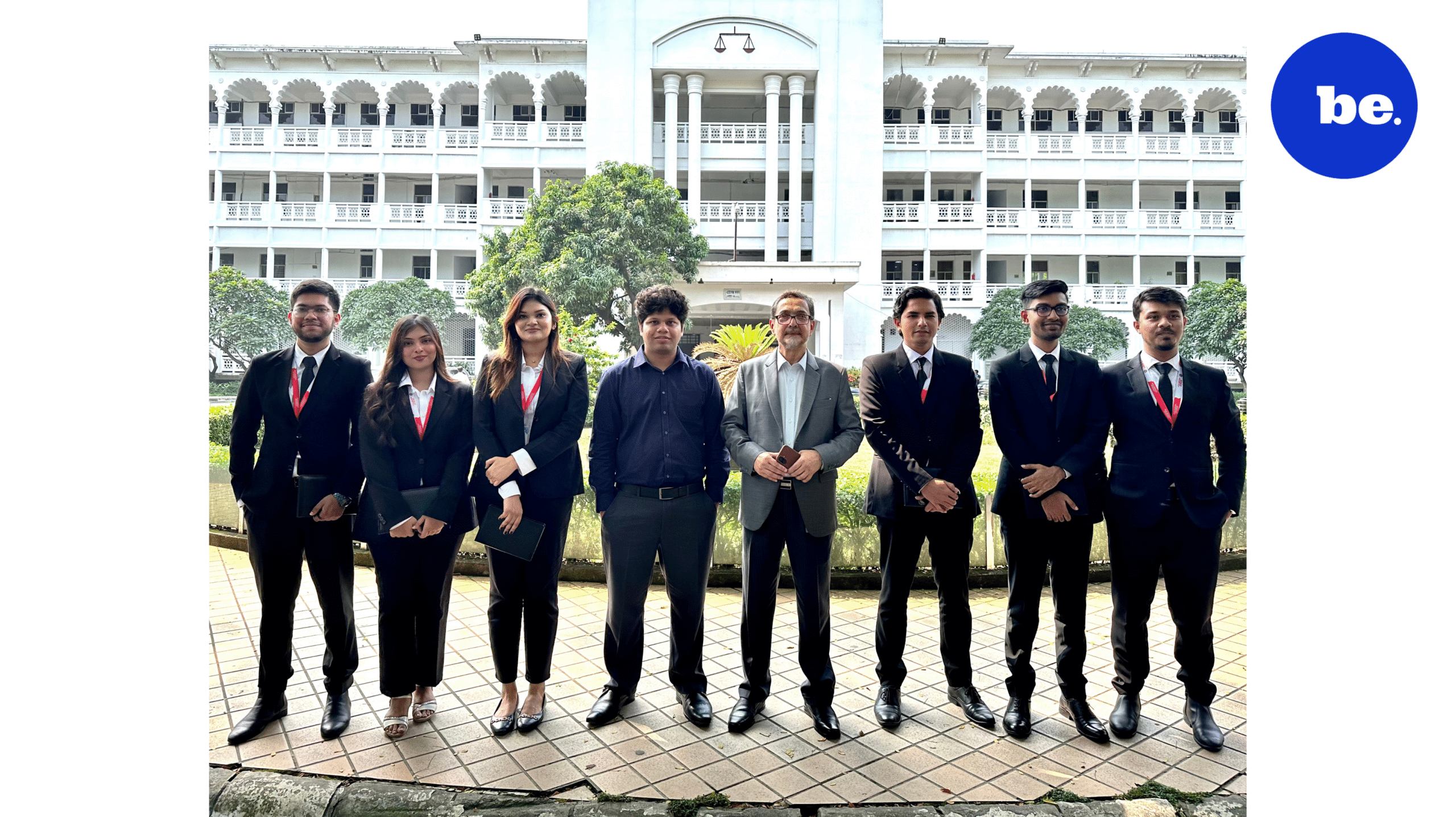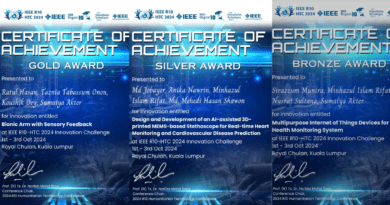Ma Lo Ma: a fusion amidst crisis
Coke Studio Bangla’s latest offering, “Ma Lo Ma,” presents a fascinating fusion of musical genres, from the traditional Pala Gaan to the contemporary Dhakaiya Rap, all delicately crafted by pop sensation Pritom Hasan.
It’s commendable that Coke Studio is shedding light on hidden gems of Bangladeshi culture, introducing them to a modern audience that may otherwise remain unaware of these rich folk traditions. However, many questions arise about Coca-Cola’s involvement in music, given its status as the world’s largest plastic polluter and a symbol of American imperialism.
As boycotts of Coke products, especially by Brac University students over alleged operations in Israeli-occupied land, gain traction, the connection between corporate sponsorship and artistic expression gains relevance.
The current carbonated beverages market is around 1 Billion USD and is projected to grow more than ten percent per year. This rising tide of soft drink consumption, fueled by a growing middle class and disposable income, presents Coca-Cola with a lucrative market, albeit one facing serious competition.
This economic backdrop sheds light on the underlying motivations behind Coke Studio’s presence in emerging economies. While the initiative aims to portray a positive global image of the country and appeal to youth sensibilities, it also raises questions about the commodification of culture and the ethics of corporate sponsorship in the arts.
Despite these critiques, it’s essential to acknowledge the positive impact of initiatives like Coke Studio in spotlighting marginalized artists, particularly folk artists living in villages whose livelihoods have been decimated over the years. While the ecosystem of their craft may have suffered, Coke Studio’s platform provides a glimmer of hope by showcasing their talent to a wider audience.
Amidst the pollution-laden and sugar-infused melodies of Coke Studio Bangla, it’s vital to engage in thoughtful reflection on the intersection of culture, commerce, and corporate responsibility for enhanced clarity and understanding. “Ma Lo Ma” serves as a microcosm of these complexities, inviting us to ponder the broader implications of corporate sponsorship in the music industry and beyond.




